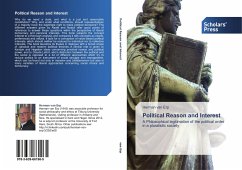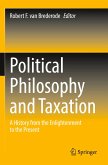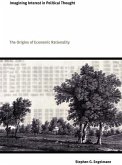Why do we need a state, and what is a just and reasonable constitution? Why, and under what conditions, should representatives of a majority have the legitimate right to make political decisions? The different answers given by Rawls and Nozick offer good points of reference to answer these questions within the perspective of liberal democracy and personal interests. This book subjects the concept interest to a thorough analysis and compares it with concepts as needs, preferences and values. It opts for a conception of value-based political interests, which should neither be reduced to individual nor to collective interests. The book develops its theses in dialogue with a broad scope of classical and modern political theories. A central role is given to Kantian and Hegelian ideas concerning practical reason and political power, and to Claude Lefort, who s distinction between the political and the social is opposed to a lot of different approaches which try to reduce politics to aninstrument of social struggle and management, which can be found not only in marxism and totalitarianism but also in many varieties of liberal approaches concerning social choice and democracy.








